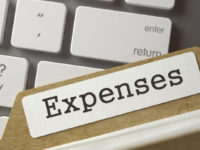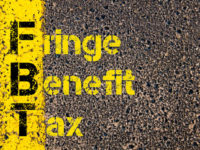What if your leisure activity starts to produce an income and your hobby becomes a business?
For many Australians this is a potentially serious question. If you bake a few cakes and sell them at a local market on a Saturday morning, or knit quilts which you sell to friends, or cook surplus meals which you then sell through a website to people in your local area, you might think that you’re doing something purely to pass a few relaxing hours.
Every year the ATO pursues thousands of taxpayers who thought they had a hobby but the taxman thought they had a business, and taxes them accordingly.
So if you think you might be affected, consider these questions and if you answered yes to any of them, your hobby might well have tipped over into being a small business:
- Is your activity being undertaken for commercial reasons?
- Do you undertake your activity in order to make a profit?
- Do you regularly and repeatedly undertake your activity?
- Is your activity planned, organised and carried out in a businesslike manner?
Here’s an example: Joan bakes cakes at the weekend. She finds the activity satisfying and relaxing. Her cakes become very popular with her friends, who occasionally ask her to bake a cake for specific occasions such as birthdays. If Joan has time, she often agrees to these requests and charges her friends the cost of materials but doesn’t add on any profit.
As Joan has no profit making motive and is not baking cakes in a business-like manner – she only accepts an order when she has time for instance – the ATO would accept that Joan has a hobby and wouldn’t expect her to declare the income from her cake-making on her tax return.
Eventually, Joan realises that she can make a useful second income from baking cakes. Towards the end of the week, she sets aside several hours a night and bakes up to 30 cakes, which she takes to a local farmers market every Saturday morning and sells, at a mark-up of at least 50 per cent on cost.
Although Joan takes as much pleasure from baking cakes as before, she is now baking for profit and by setting aside set, regular times to make cakes, she is organising her activities in a business-like manner. She will now be expected to declare her baking income on her tax return.
The upside of being treated as a business, of course, is that as well as declaring your income, you can also claim deductions for all your business related costs, so in the example above, Joan can now deduct all the costs of her ingredients, a portion of her gas and electricity bills, the cost of renting the market stall and so on.
Some people make a loss from their “hobby-business”. Sadly, the ATO typically doesn’t allow you to offset such losses against your other income. These are called non-commercial losses and can normally only be offset against future profits from your hobby business.
Mark Chapman, Director of Tax Communications, H&R Block
















